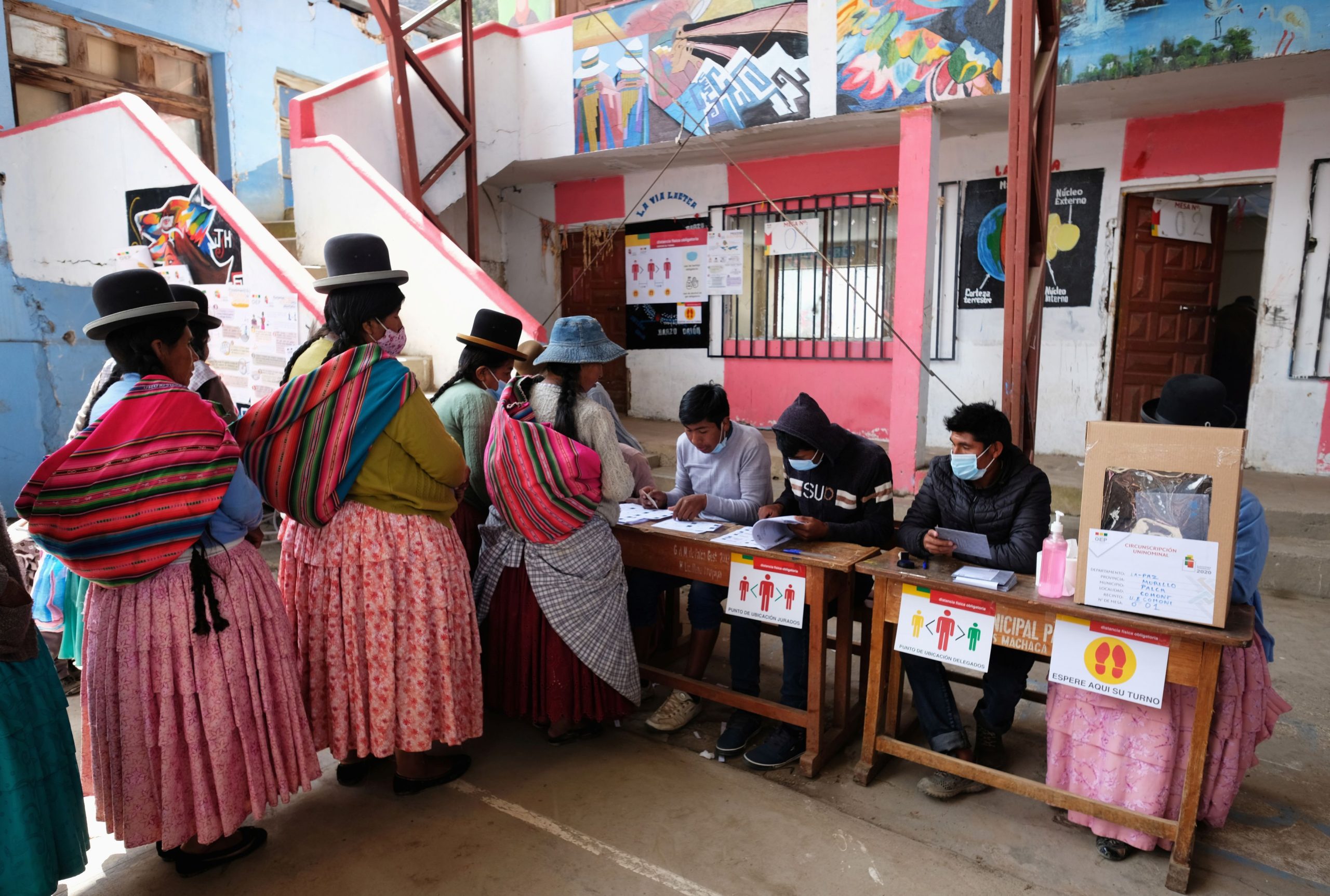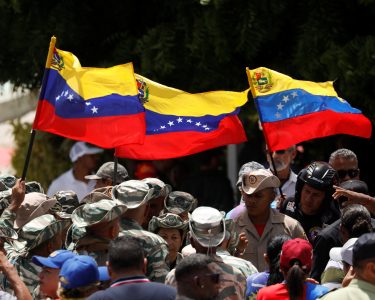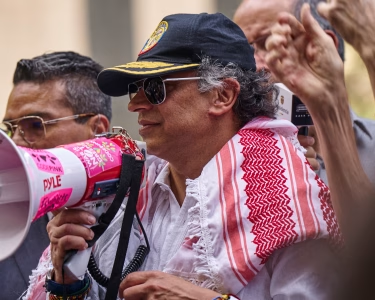- Summary
- Polling stations close following undisrupted electoral process
- Conservative candidates lead opinion polls
- Economic crisis impacts left-wing MAS party’s support
- Evo Morales barred from running, called for boycott and annulled his vote
LA PAZ, Aug 17 (AfrikTimes) – Ballot stations have closed in Bolivia after millions took to the polls in a general election on Sunday that has been overshadowed by inflation at a four-decade high and the absence of former leftist President Evo Morales, who is barred from running.
Preliminary results are expected after 9 p.m. local time (0100 GMT). If no presidential candidate secures more than 40% of the vote with at least a 10-point lead, a runoff will be held on October 19. Authorities said voter turnout was steady throughout the day.
 Polls suggest 20% of Bolivians are undecided ahead of August election.
Polls suggest 20% of Bolivians are undecided ahead of August election.
Earlier on Sunday, several minor incidents took place at polling stations in the central region of Cochabamba, Morales’ political stronghold.
Morales, who co-founded MAS and governed the country from 2006 to 2019 under its banner, has been barred from running for another term as president. Early on Sunday, Morales took part in the electoral process. He said he planned to annul his vote and criticized the elections for excluding his political movement.
 Bolivia’s inflation is soaring past others in the region who were far more affected in recent years, including during the Covid-19 pandemic.
Bolivia’s inflation is soaring past others in the region who were far more affected in recent years, including during the Covid-19 pandemic.
With a crowded field and no dominant MAS party candidate, the election marks a “crossroads moment” for Bolivia, said Southern Andes analyst Glaeldys Gonzalez Calanche of the International Crisis Group. Bolivia’s fragile economy is top-of-mind for voters. Price rises have surged past other Latin American countries this year, and fuel and dollars have run scarce. Annual inflation doubled to 23% in June, up from 12% in January, with some Bolivians turning to cryptocurrencies as a hedge.
“Many Bolivians, especially those who work in the informal economy, are now struggling to make ends meet, said economist Roger Lopez. Prices of the basic food basket are going up fast,” said Lopez. Suddenly the math doesn’t add up anymore.”
“I used to support MAS, but every year the situation has got worse under this government,” said Silvia Morales, 30, from La Paz, who works in retail. A former MAS voter, she said this time she would cast her vote for the center-right.
 Aymara women walk to vote at a polling station during the general election, in El Alto, Bolivia August 17, 2025.
Aymara women walk to vote at a polling station during the general election, in El Alto, Bolivia August 17, 2025.
Carlos Blanco Casas, 60, a teacher in La Paz, said he intended to vote for change. “This election feels hopeful. We need a change of direction,” he said.
Doria Medina, meanwhile, offers a more moderate approach, pledging to stabilize the economy within 100 days.
“There is widespread support for these elections,” said Calanche. “Most Bolivians see them as key to leading the country towards economic recovery.”




 Electoral workers make preparations before the polling station opens, on the day of the general election, in El Alto, Bolivia August 17, 2025.
Electoral workers make preparations before the polling station opens, on the day of the general election, in El Alto, Bolivia August 17, 2025.


